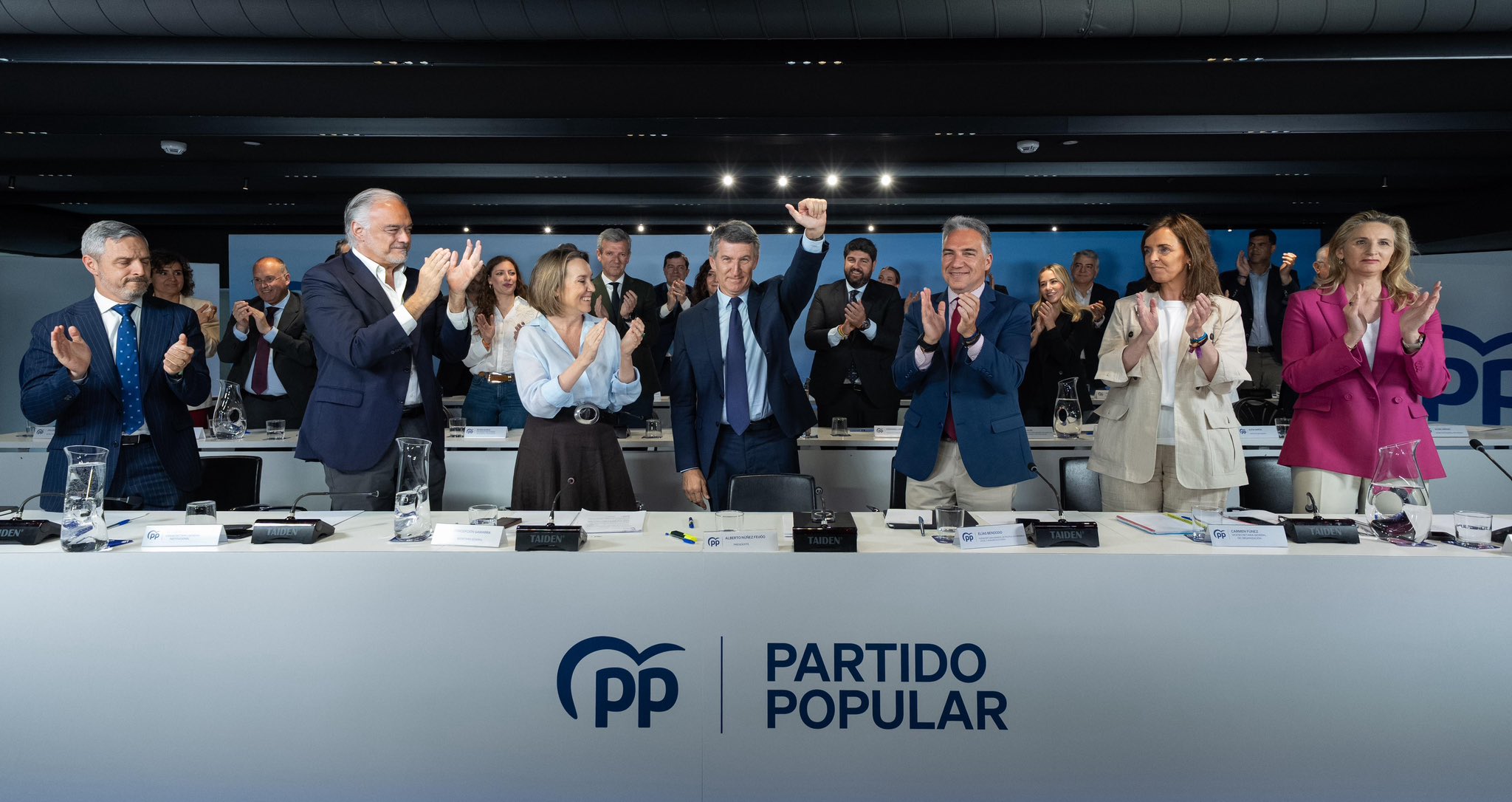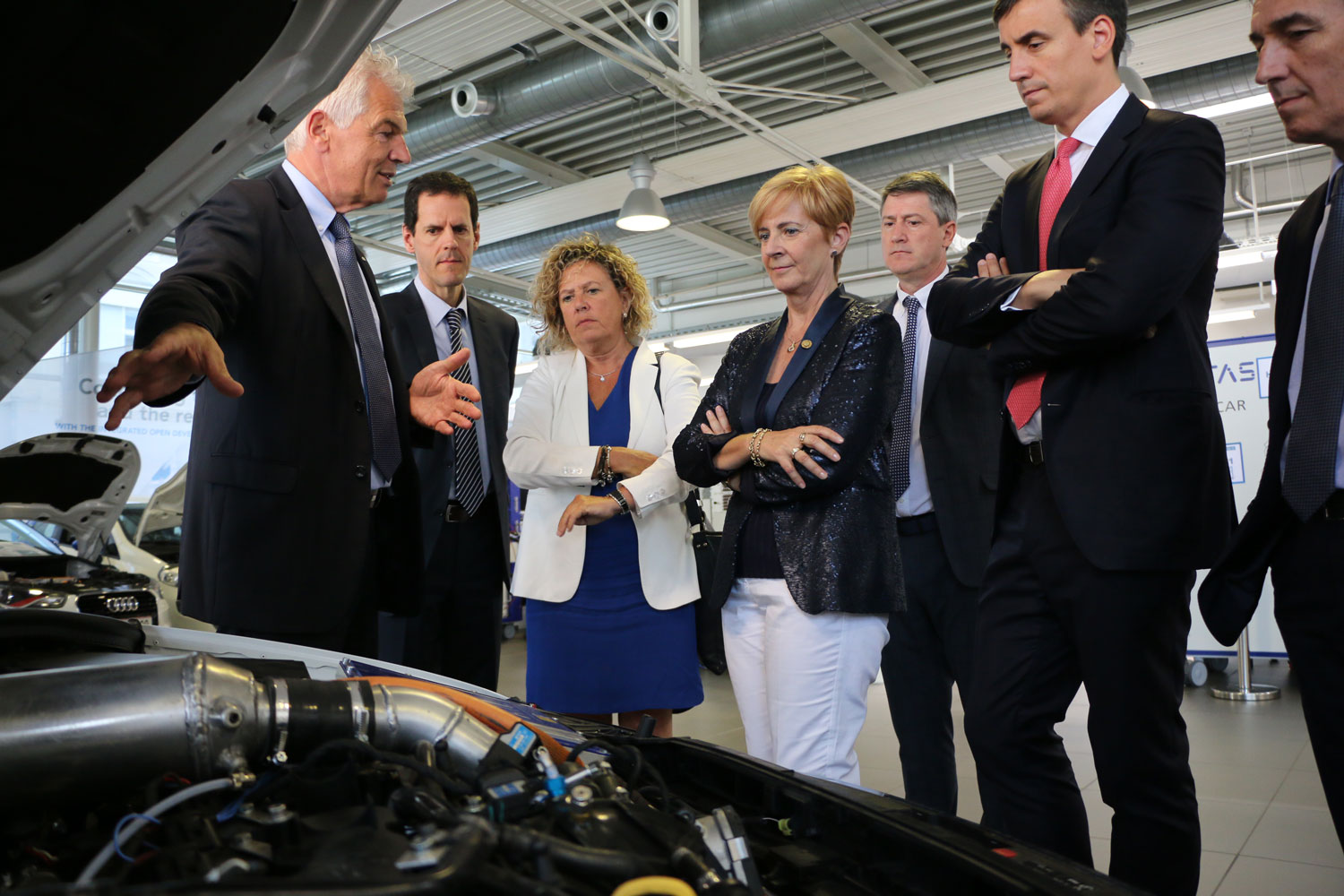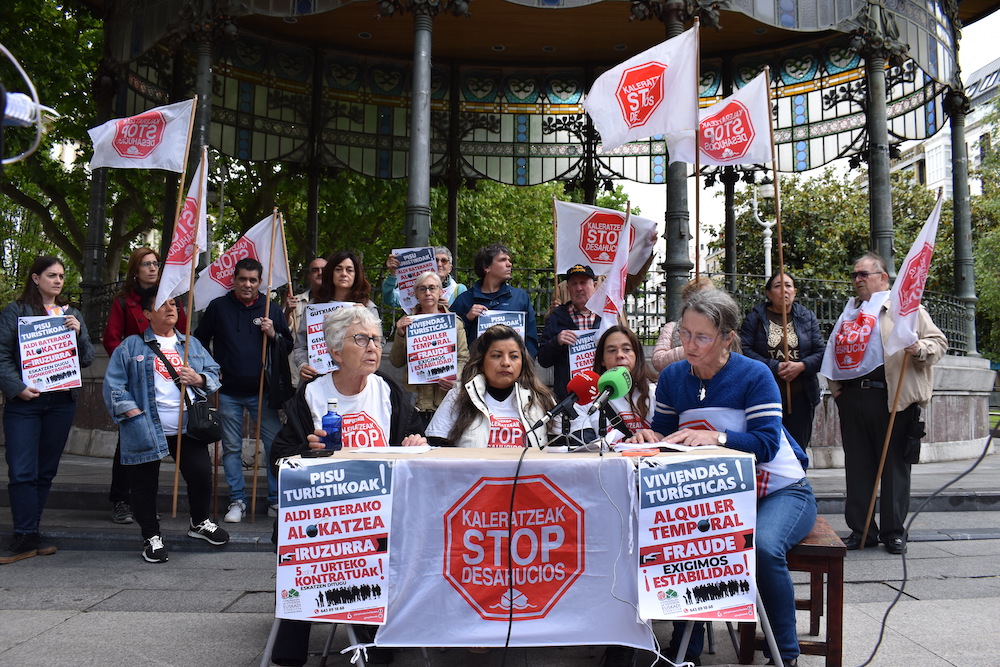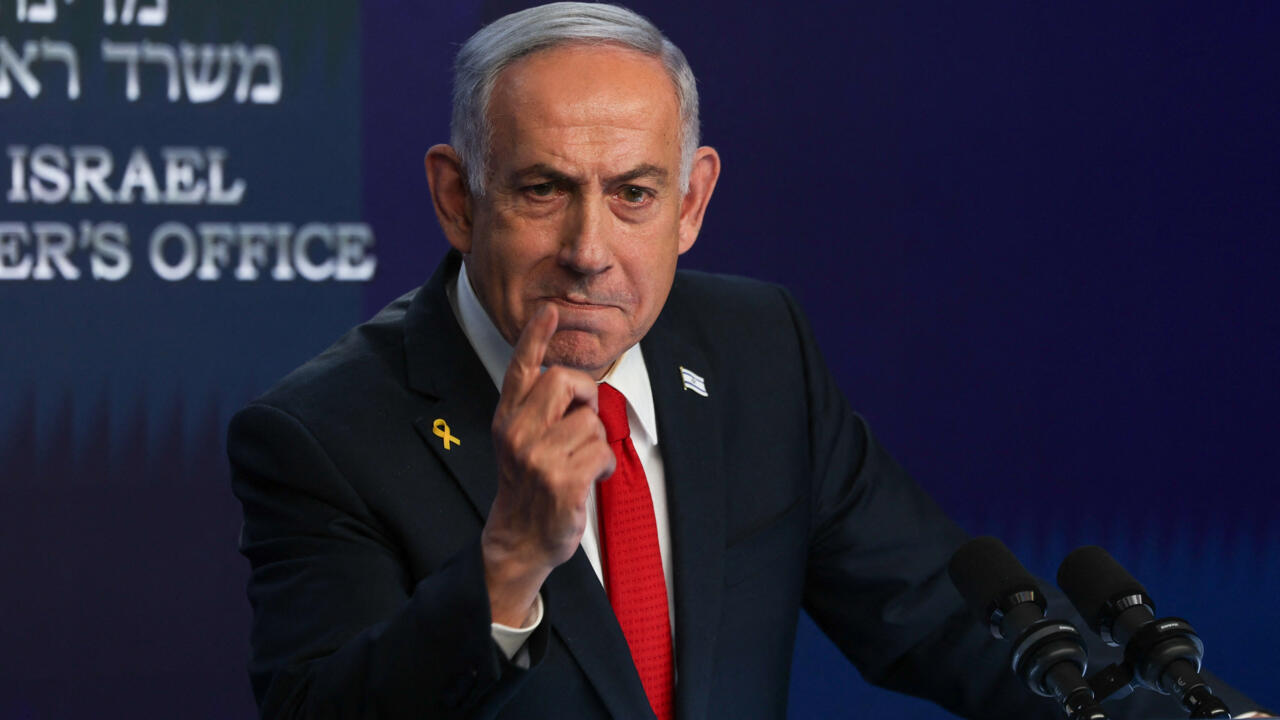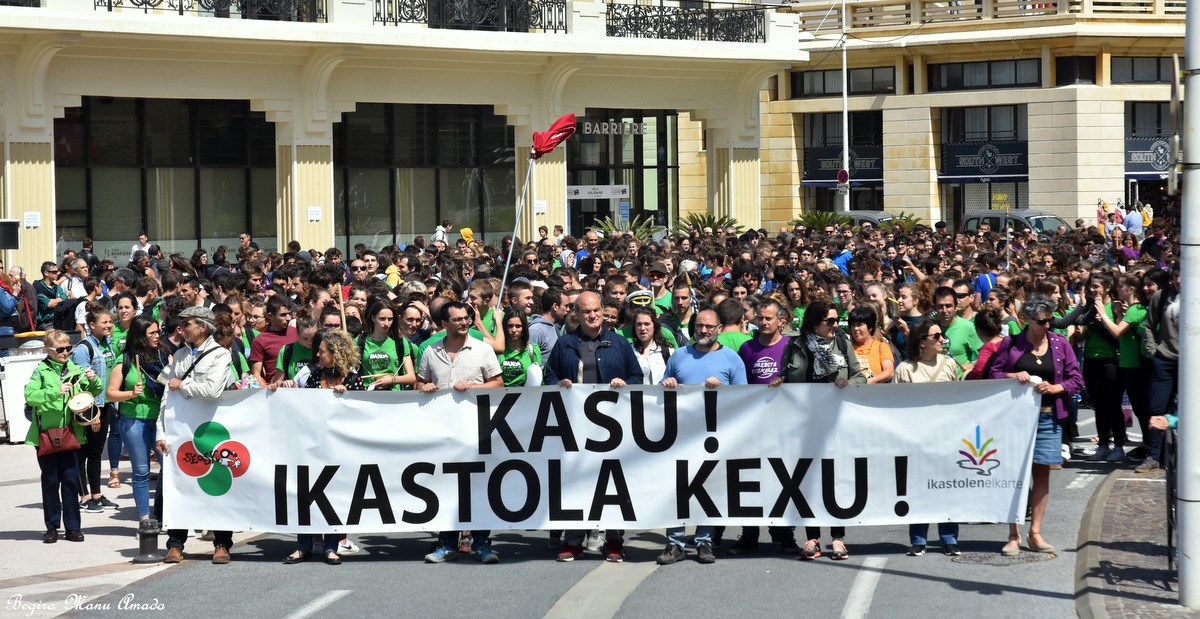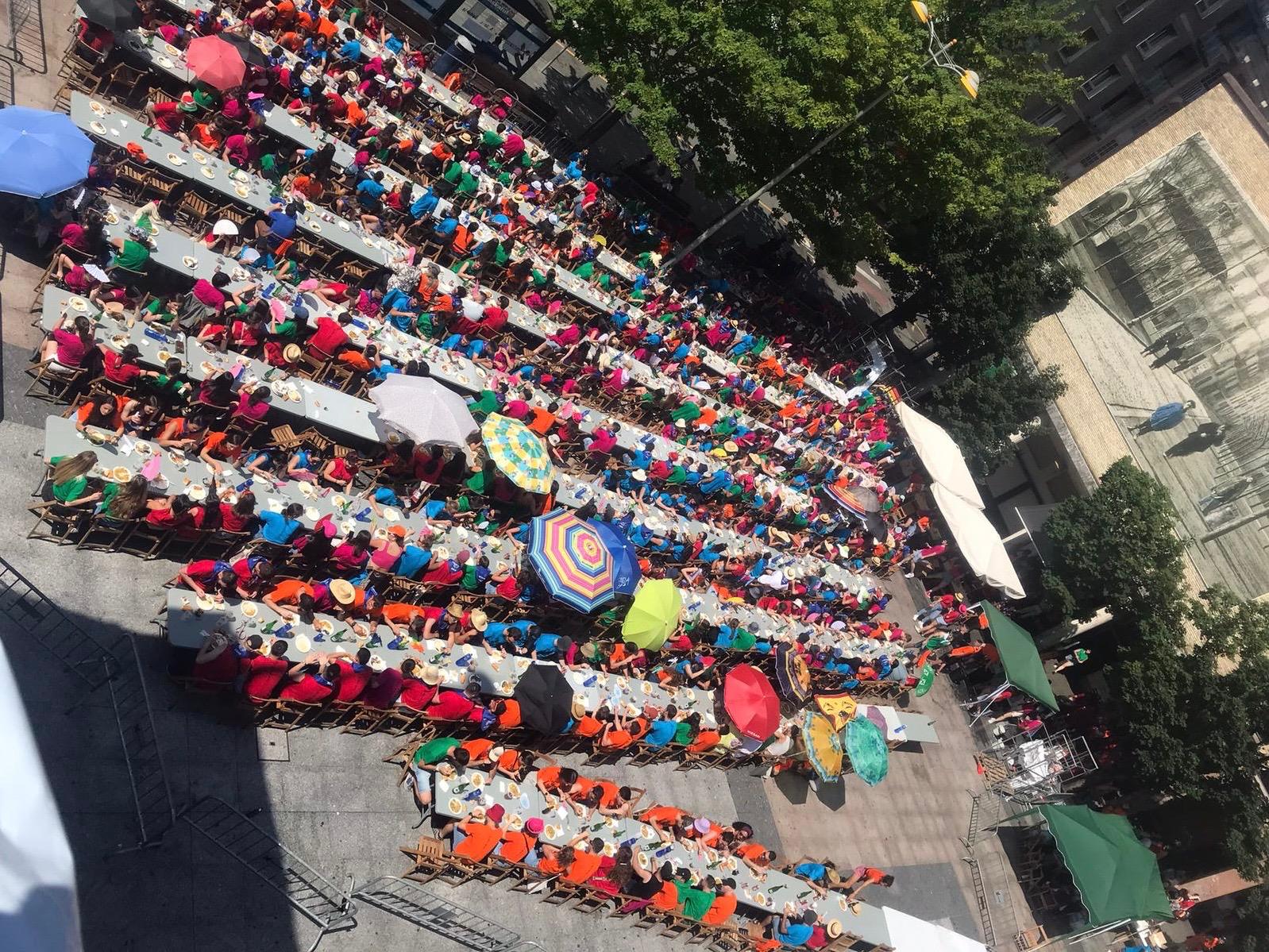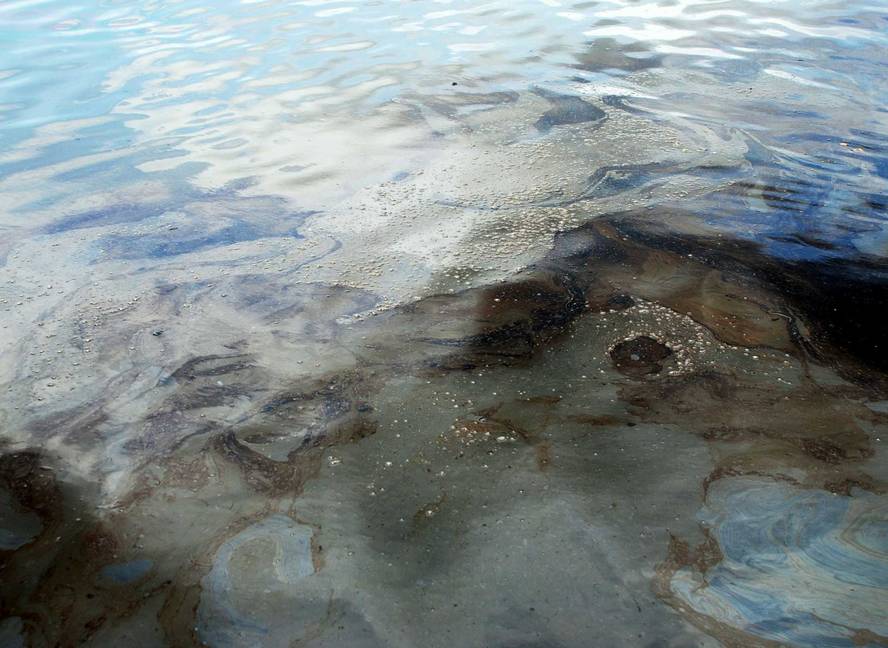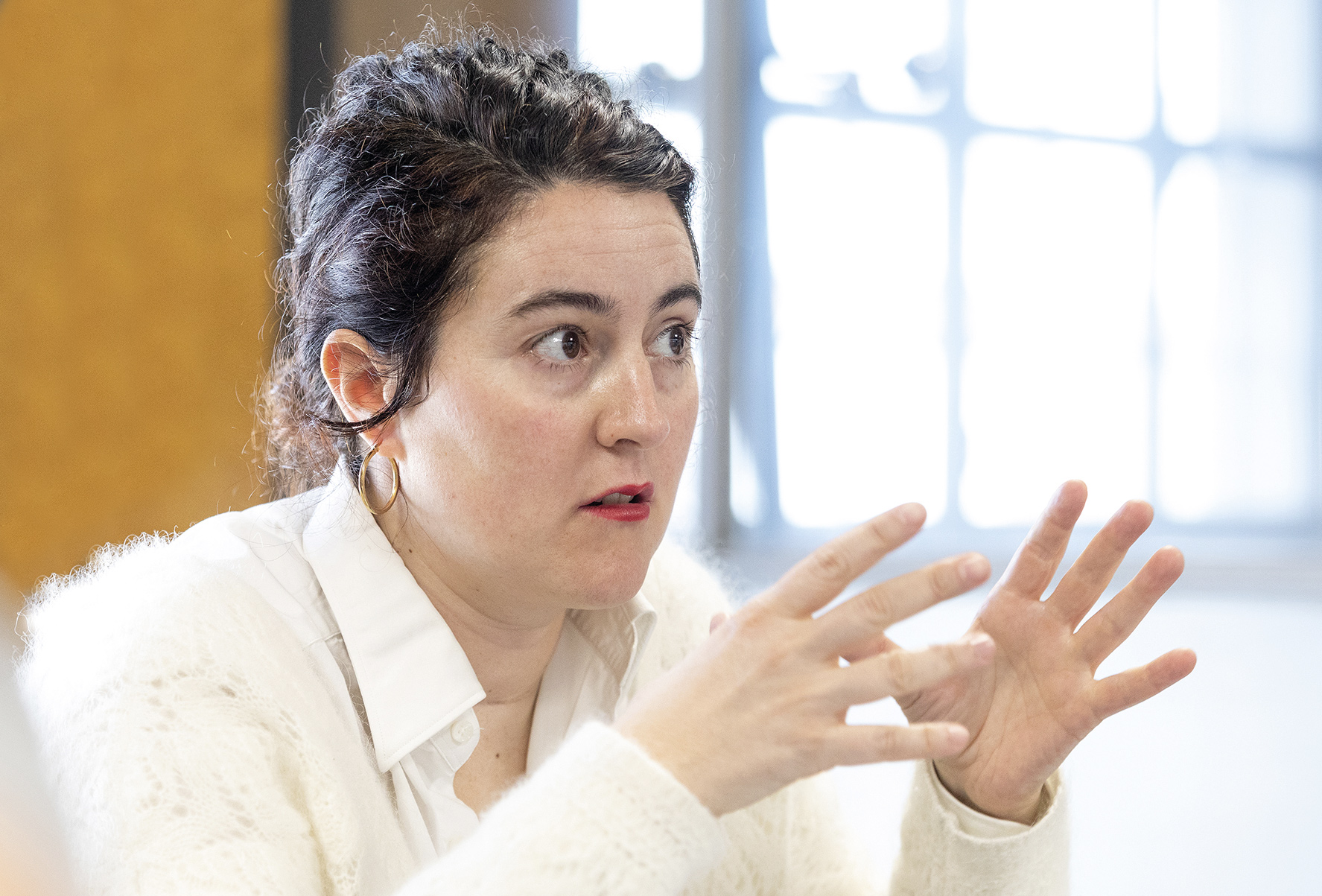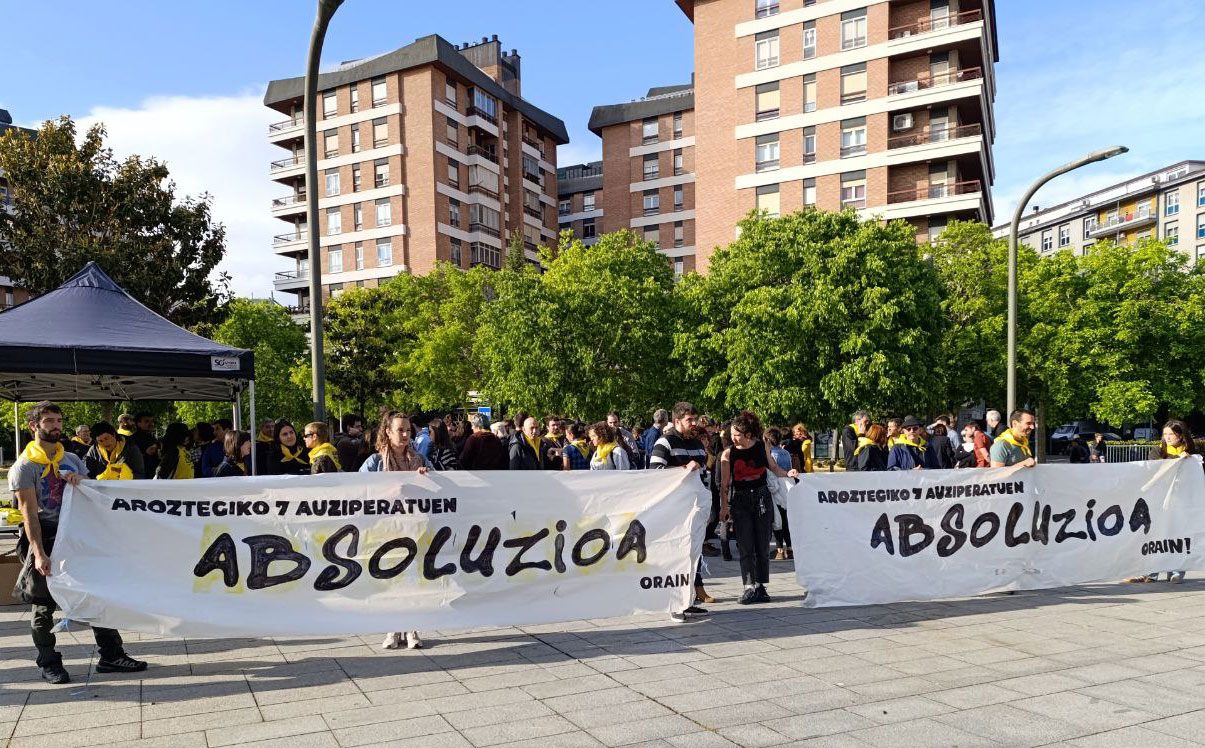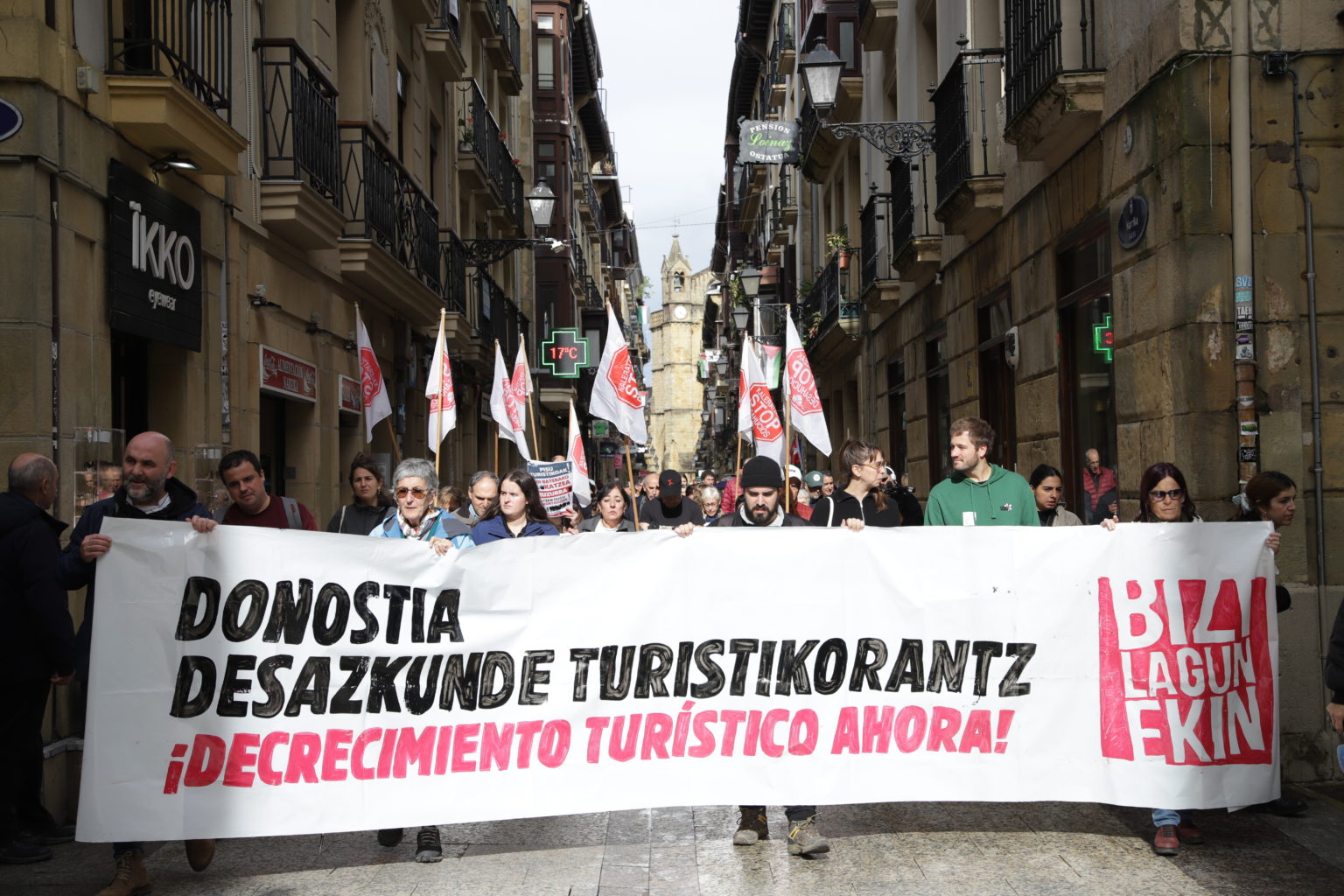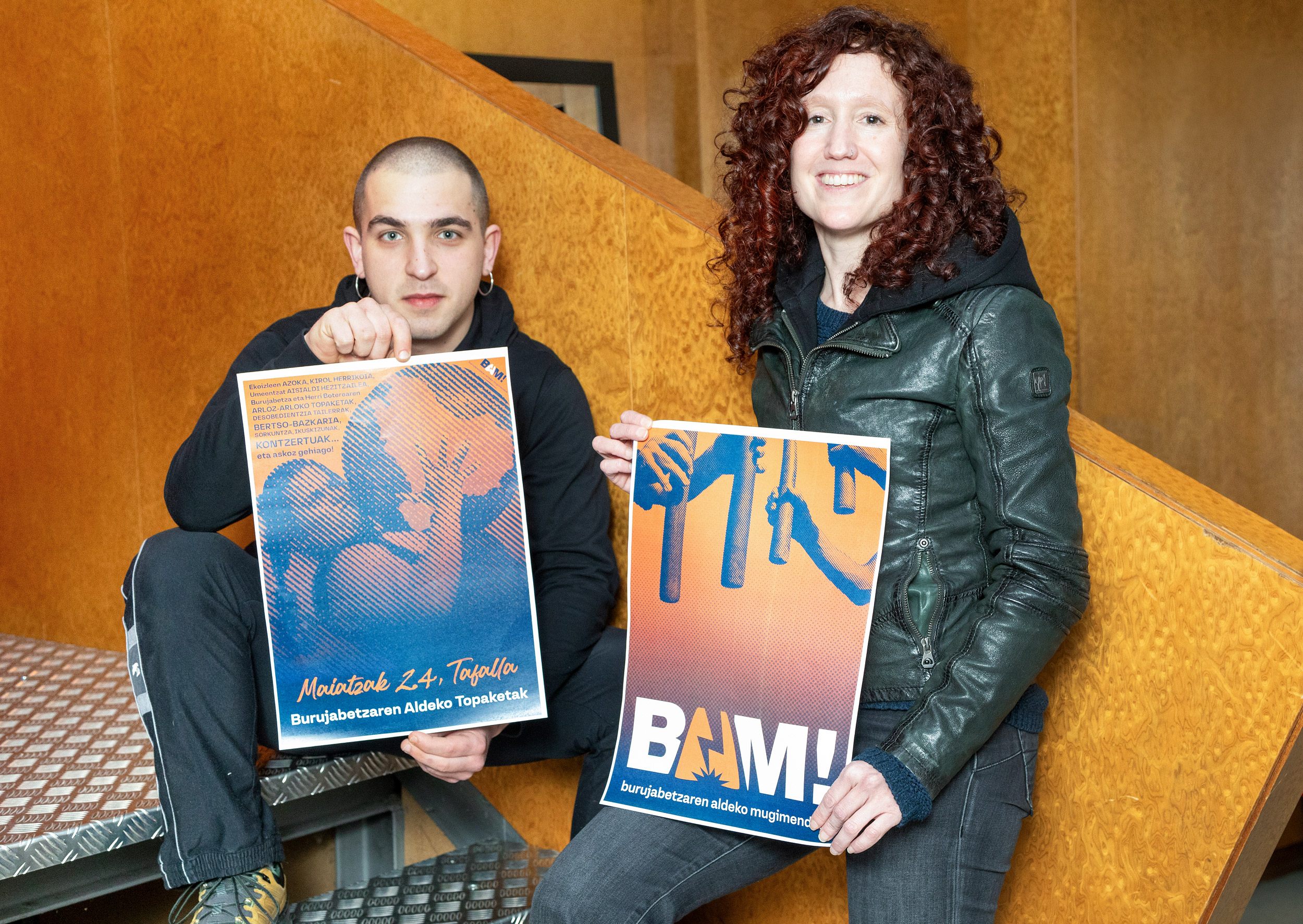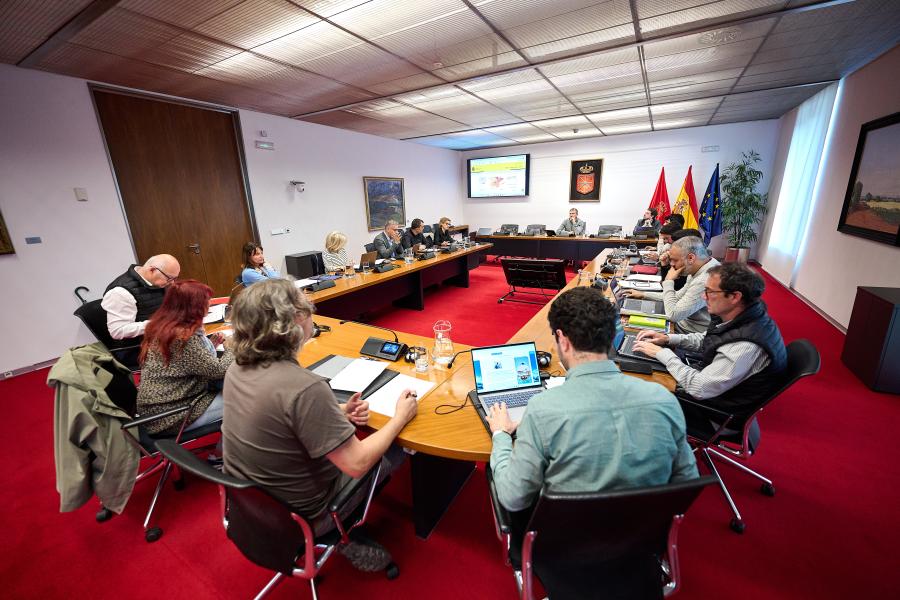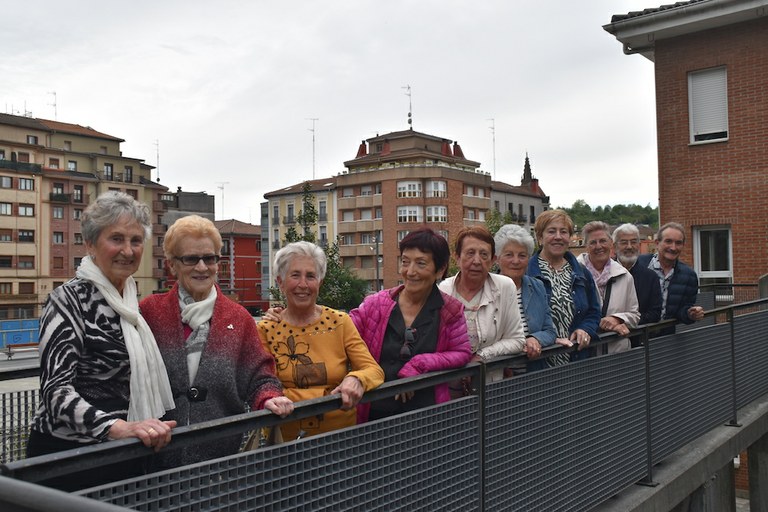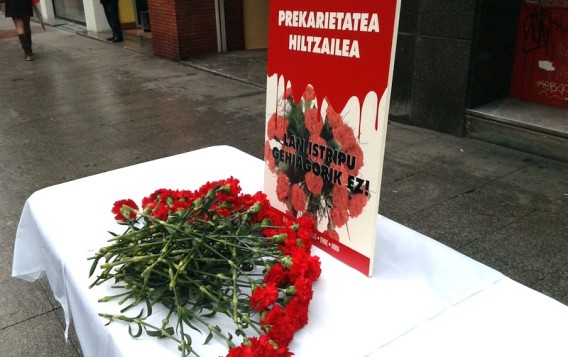“The Rubiales case has been the inoculated machismo thermometer”
- Alba Alfagem has a long history in the fight for women’s rights. He has worked with non-governmental organizations from Brazil and India and has been appointed as an advisor to the Department of Interior of the Generalitat of Catalonia in recent years and as a professor at the University of Girona and the University of Barcelona.

You're an advisor to the Generalitat of Catalonia. How was the opportunity? I was proposed to be an advisor to the Department of
Interior, a particularly complex and patriarchal example, where leadership has always been male and is especially masculinized. My challenge was to feminize the situation of counseling, incorporating women with management positions and changing dynamics. It has been hard, the institutions are closed places and the chauvinist trend is obvious, it may be exhausting, but at the same time I have had the opportunity to see that it is possible to change things and that makes up for it.
Are the institutions doing enough to fight inequality between men and women?
More and more institutions have become aware. It works a lot to change the status quo, but it's never enough. We are at the starting point of a long journey.
One of the advances has been the arguable ‘Only if yes’. What do you think? This
law represents a significant step forward in the fight against male violence, on the other hand, promoted by the right-wing sectors of society, but a reactionary response has prevailed, which has also emerged among the left. The problem is that they have defined the focus on the penal code, but it has not been given value in the comprehensive care guaranteed by law, in the reparation of victims and, fundamentally, in the advances it has brought. The price paid by the montero minister is unacceptable.
On the Rubiales case: "At first I found it incomprehensible to see that society took time to call aggression and sexual violence what represented those images that anyone had seen."
In 2021 he published the book "Quan cridem els nostres noms". It says there is a secret war against women. Two years have passed, is the war still going on?
Fortunately, we struggle not to be so quiet, but the war remains the same, yes. Patriarchy has long tried to fragment aggression and violence against women, hence the difficulty of understanding them as a structural problem. Now we've started to open our eyes, we've begun to understand that the problem is the power of men in patriarchy. I call it male terrorism because there are no phenomena that kill so many women beyond machismo. We must not forget that in our society, male violence is the first cause of death and uncertainty among women.
How has the Rubiales case lived?
At first I found it incomprehensible to see that society took time to call aggression and sexual violence what represented those images that anyone had seen. It is clear that this response was the machismo thermometer that we have inoculated.
Rubiales had to resign that Friday, but he didn't. You thanked Diari in an Ara article, why? The terrible press conference
he did was a course of machismo, blamed Jenni, talked about euphoria, about false feminism… This intervention caused many people to open their eyes because they saw a male chauvinist with capital letters, a Neanderthal. Thanks to his speech, many people became aware and responded to different sectors.
The kiss of Rubiales was a revolution, a turning point n.Porque is not just a forced kiss, an issue that highlights the Machian violence and the power attacks that have been
institutionalized and normalized in society, in companies and in institutions. Jenni's kiss has had an impact because we have all experienced a similar attack. The difference is that we've seen a crack to change things.
Jenni ended up denouncing. How important is this?
It is important, but I would also understand it if I had not. It is important to avoid legal debate, because beyond the sanction route, it is the social, institutional and associative response.
There are those who have questioned her complaint because she celebrated her, because Ibiza went
on vacation… The answer to an attack should not be judged. But yes, patriarchy continues to bomb women to underestimate our dignity and credibility.
The complaint by the football players has so far been shy.
It has been a disgrace and, at the same time, this poor response is a reflection of a serious problem facing our society; men do not feel challenged. This is the big challenge: for men to understand that male violence has generated heteropatriarchal and normative masculinities. The history of women has been suppressed with the silence imposed by patriarchy. That silence is produced to steal our voices, because if we're not credible, we don't have the ability to occupy space. And we must not forget that in the face of male violence silence strengthens the aggressor.
Has Rubiales taught us anything?
Of course, we have seen that fighting male violence is possible and we have the opportunity to build an alternative to patriarchal society.
Feminism as lifeguards
"Feminism has saved my life and has also allowed me to understand some of the passages that I have lived in my life for being a girl or a woman. Thanks to feminism, I have identified many injustices and violence experienced. Not only my sufferings, but also those suffered by the women around me who fought in the world of men: my mother, my grandmother and so many friends. Beyond this identification process, feminism has also been a source of navigation for me, and has made me understand that it is possible to fight patriarchy and build a feminist alternative."

PPk Senatuan proposatu du, gainera, euskal preso politikoek damua erakutsi behar izateko xantaia areagotzea.
Maiatzaren 22an EAEko Legebiltzarrak mila milioi euro zorpetzeko lege proiektua onartu du “zientzian, teknologian, enpresan eta industria sektorean eragiteko”. Naiz hedabideak jakitera eman duenez, Eusko Jaurlaritzak KPMG Asesores SL enpresari eskatu dio plana... [+]
Donostiako Parte Zaharreko maizter batek 11 hilabeterako alokairu kontratua bost urterako legezko kontratu bihurtzea lortu du.
Washingtonen Israelek duen enbaxadako bi langile tiroz hilda agertu eta gero egin ditu adierazpenak Netanyahuk. Israelgo Gobernuak zuzenean lotu ditu Washingtongo erasoak eta Europako zenbait gobernuburuk Gazako sarraskiaren aurka egindako adierazpenak.
Mireia Centeno Gutierrez psikopedagogoak haurren elikaduraren inguruko zenbait gako eman ditu; hala nola jatera behartzeak eta jakiak debekatzeak dituen ondorioak aipatu ditu.
The defendants testified on Thursday, and their statements could be summarized as follows: The citizens who gathered in the square of legumes or in the camping area decided collectively what to do, in general, to go to the field of the works and put them passively in... [+]











